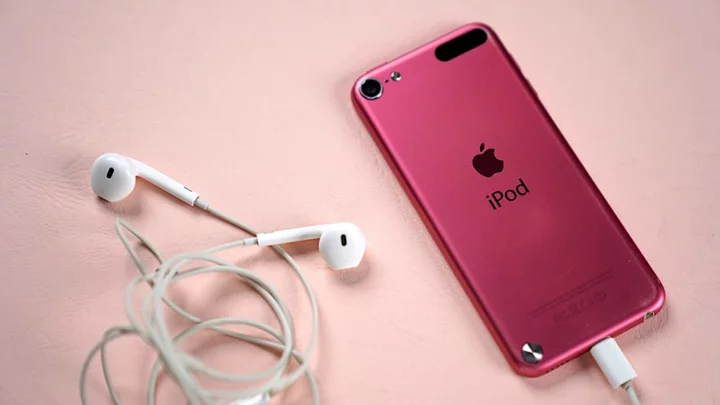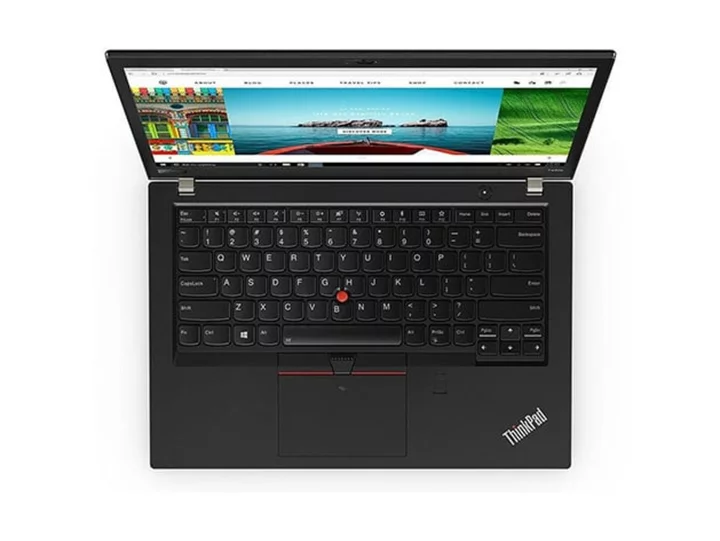In 1954, computer scientist and brilliant mathematician Alan Turing died after biting into an apple laced with cyanide—a real-life version of Snow White and the poison apple.
It’s long been assumed that it was suicide, perhaps because he was frustrated and overwhelmed by the chemical castration the British government forced upon him after he admitted to having a sexual relationship with a man, which was against the law at the time. Some have speculated that Turing’s death-by-apple wasn’t necessarily intentional. He was known to be careless with his experiments, and accidentally inhaling cyanide or placing an apple in a cyanide puddle wouldn't have been outside of the realm of possibilities. Others suggest that British Security Services considered Turing a high security risk because he was gay, and may have sabotaged him rather than risk the possibility that foreign agents would blackmail Turing to obtain government secrets.
Whatever happened, the fact remains that a half-eaten apple was found by Turing’s bedside. Fast forward about two decades to a few guys making personal computers in a garage. They had a name for their product and were now in need of a logo. The men were aware of Turing’s contributions to computers and coding, and decided to honor him and comment on his persecution by removing a single bite from the apple graphic they had picked to represent their company. And that’s how we got the iconic Apple logo on the back of all of our phones, computers, and watches.
So the story goes, anyway. But as compelling as it is, it simply isn't true, according to the designer who created the logo, Rob Janoff. “I’m afraid it didn’t have a thing to do with it,” he said in 2009. “It’s a wonderful urban legend.” Janoff says the single bite out of the Apple logo originally served a very practical purpose: scale. The size of the bite showed that the shape was an apple, not a cherry or any other vaguely round fruit. Other theories—that the logo references Eve biting into the forbidden fruit or Isaac Newton’s discovery of gravity—are also misguided.
If you’re curious about the multicolored stripes on early versions of the logo, there’s a very practical reason for those, too: “The Apple II was the first home or personal computer that could reproduce images on the monitor in color. So it represents color bars on the screen,” Janoff explained.
But that’s not to say that the idea of paying homage to Turing is something the creators of Apple were against. When actor Stephen Fry once asked his good friend Steve Jobs if the famous logo was based on Turing, Jobs replied, “God, we wish it were.”
A version of this story was published in 2015; it has been updated for 2023.
This article was originally published on www.mentalfloss.com as Did Alan Turing Inspire the Apple Logo?.









